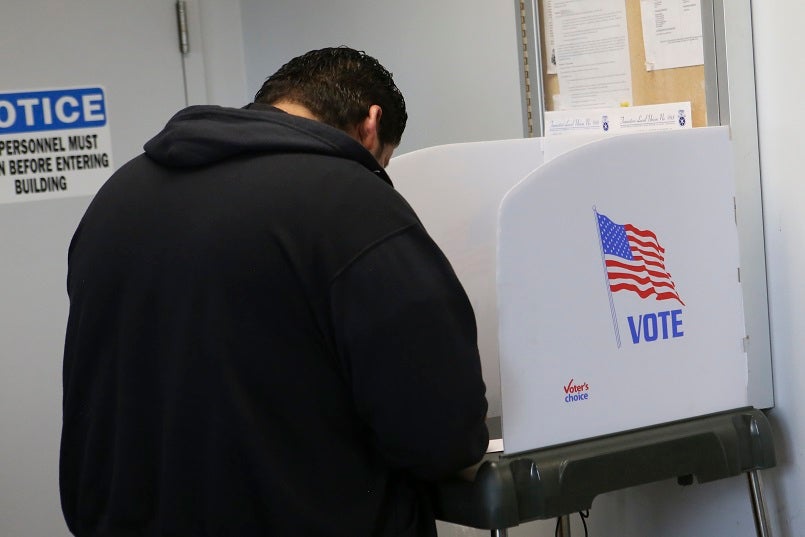Uncategorized
Voters Deserve Representation That Reflects Their Will

Democracy is supposed to function based on majority rule. But increasingly, elected officials are using their powers to draw legislative districts that don’t accurate measure the will of the people.
Case in point is Pennsylvania, where opponents of the current boundaries are challenging the current boundaries in both federal and district court. While recent elections found voters split almost equally between Democrats and Republicans, the GOP currently holds 13 of the state’s 18 congressional seats.
There is nothing new about the process known as gerrymandering, where districts are sometimes drawn with little thought to reason. Instead, it is all about manipulating the electoral process to give an advantage to one side over the other.
The U.S. Supreme Court is currently considering a Wisconsin case that could make some headway in the discussion. In that case, state legislative districts are being contested. At the center of the argument is the “efficiency gap,” a relatively new measure of partisan gerrymandering.
As The New York Times described it recently, “The efficiency gap measurement aims to summarize the effect of gerrymandering by identifying all of the wasted votes in victory and defeat for both parties. It then adds them up, finds the difference between the two sides, and divides that by the total number of votes in a state. This yields a single percentage figure: the efficiency gap. The creators of the measurement, Eric McGhee, research fellow at the Public Policy Institute of California, and Nicholas Stephanopoulos, professor at the University of Chicago Law School, propose that a gap of 7 percent or higher should be enough to find that a state may have committed an unconstitutional partisan gerrymander.”
As it stands, there are currently 13 states with at least five congressional districts that violate this standard – 12 of which give an advantage to Republicans. They make a backwards “C” shape, running from the upper Midwest through must of the East Coast and into the deep South.
Gerrymandering is jeopardizing democracy, and the public is catching on. How else, for example, does one explain one North Carolina brewery whipping up a new beer called “Purple State” to raise money to fight the problem there?
Unfortunately, one night out of the town having a few drinks for a good cause isn’t going to solve this issue by itself. The courts have been left to carry the weight because state lawmakers are doing a lousy job of drawing fair districts. That’s why some states have taken the process out of their hands completely.
In California, an independent panel made up of citizens redrew the district lines in the Golden State for the first time in the lead up to the 2012 vote, and result was the election of congressional members who more accurately reflect the views of the electorate there.
Now that’s democracy in action.